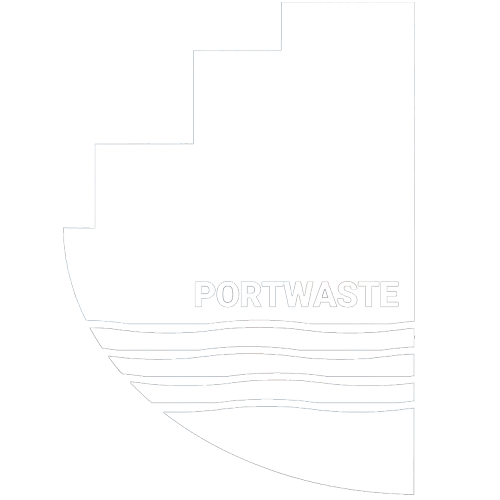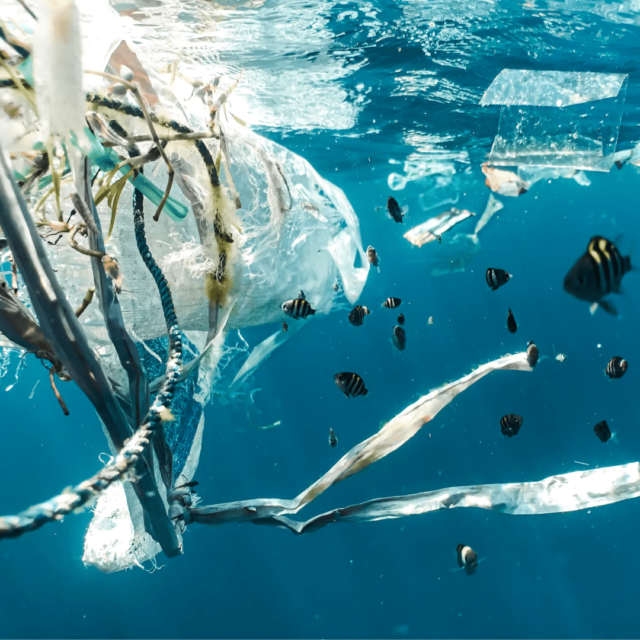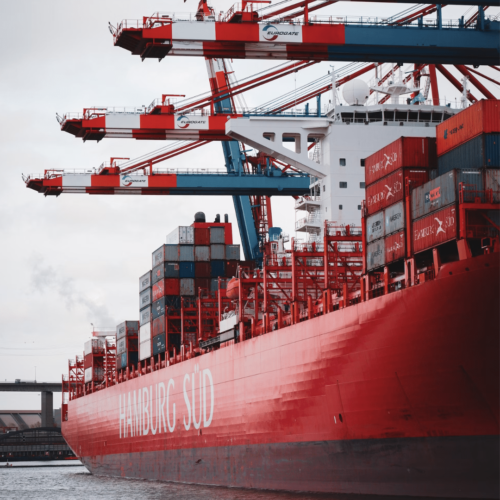

PortWaste, the blockchain platform for improving port waste management
PORTWASTE es un ecosistema basado en tecnología blockchain que garantiza la trazabilidad de los residuos en entornos portuarios, certificando la cantidad y calidad del material reciclado utilizado por las empresas manufactureras. La Fase 2 del proyecto se centra en la creación de un ecosistema blockchain para el desarrollo de cadenas de suministro digitales de gestión de residuos, las cuales son transparentes y fiables. En este contexto, se incorpora el Digital Waste Passport como herramienta clave para documentar el origen, tratamiento y destino final de los residuos, fortaleciendo la transparencia y la confianza en todo el proceso.
Date
During 2024
What do we do?
Blue Room Innovation will contribute its expertise and technology by co-developing a blockchain, integrating solutions like Circula and Wasteport, and creating digital identities for the traceability of NFTs in the buying and selling of digital art.
Technology

Challenge
In its Phase 2, the PORTWASTE project faces the challenge of transforming waste management in port environments, aiming for a transition towards circularity and sustainability. The central challenge is to establish an efficient system that tracks and manages waste from its generation to its reincorporation as raw materials in the value chain, ensuring traceability, sustainability, and regulatory compliance.
Solution
The proposed solution is based on the integration of advanced technologies, such as blockchain and digital identity systems, through the PORTWASTE platform. This enables the immutability and truthfulness of data shared among authorized parties, promoting real-time exchange, the digitization of the waste management chain, and the creation of a waste passport based on Non-Fungible Tokens (NFTs). The initiative seeks not only to improve operational efficiency in port environments but also to drive a secondary market for transformed waste, thus promoting a circular and sustainable economy.
Features
Features
Complete traceability of waste
The platform uses blockchain technology to transparently and verifiably record the journey of waste through the supply chain, involving key actors such as shipowners, consignees, port authorities, waste operators, and treatment plants. This traceability of waste generated by ships will be done from its origin to disposal at receiving port facilities.
Tokenization
PortWaste encourages the use of recyclable materials through the Circula token, which adds value to the chain and enhances circularity. This not only facilitates real-time traceability but also promotes the adoption of recyclable materials. BarnaSteel leads the tokenization of steel products, boosting the circularity of waste. This innovative approach ensures transparency and efficiency in waste management, marking a step towards a more sustainable environment.
Decentralized Identities and Data Security
In collaboration with Navozyme, PORTWASTE now uses decentralized identities to ensure that each participant in the chain is easily identifiable while maintaining strict control over their data. This measure strengthens security and trust in the system, ensuring greater privacy and control over the information of each actor in the ecosystem.
Adding value to the environment
A detailed registration system involving different participants and using blockchain technology is being implemented. The goal is to improve waste management through the use of Business Intelligence (BI) to analyze information stored in the blockchain. This allows for the generation of key indicators that provide essential data about the process. The aim is to add value to the environment by improving efficiency and effectiveness in waste management, benefiting both the environment and the community.
Digitalization of Carbon Footprint
Aquatera contributes to PORTWASTE by caring for the environment using digital processes to record and track the ecological footprint of waste. All this crucial data is stored on a blockchain platform. This helps make smarter and more sustainable decisions when it comes to managing waste at sea.
Digital Market
The project aims to establish a specialized digital market for the commercialization of processed waste. This is to reduce transaction costs, improve operational efficiency, and facilitate communication along the value chain in waste management. This comprehensive approach seeks not only to optimize performance but also to promote environmental sustainability and contribute significantly to reducing the carbon footprint.

Partners and Future
In Phase 2 of PORTWASTE, several partners are involved, making the evolution of the project possible. Firstly, the Digital Cluster, which brings together more than 80 ICT agents, driving digital innovation. Navozyme provides technological solutions for the maritime industry, developing the N-SWAP component and its own blockchain. On the other hand, Aquatera Atlantico digitizes and tracks the carbon footprint of waste. Another member of this project is Barna Steel (a subsidiary of CELSA Group), which focuses on steel manufacturing and leads sustainability efforts. The Maritime Cluster of the Canary Islands seeks to coordinate and promote blue growth within the framework of European policy and will support the consortium in dissemination tasks and attracting relevant stakeholders in the port environment of the Canary Islands. Finally, from Blue Room Innovation, we will use our knowledge and experience in innovative projects todevelop a blockchain platform and contribute tools such as Circula and Wasteport.
Project funded by:
More Sustainable Projects
Blockchain - IA
CircularTrust
Blockchain - IA
Reciclos
Blockchain - IA